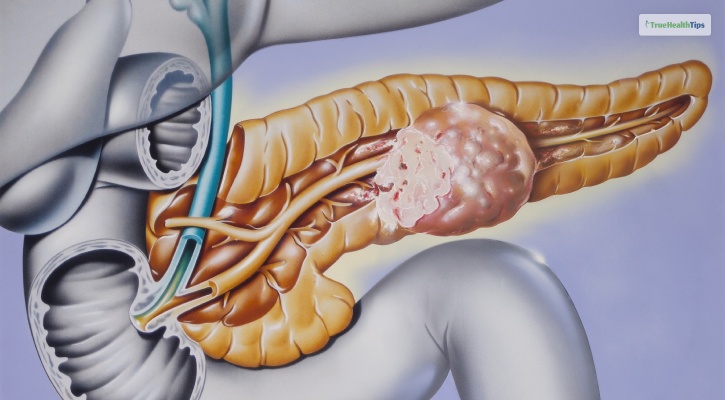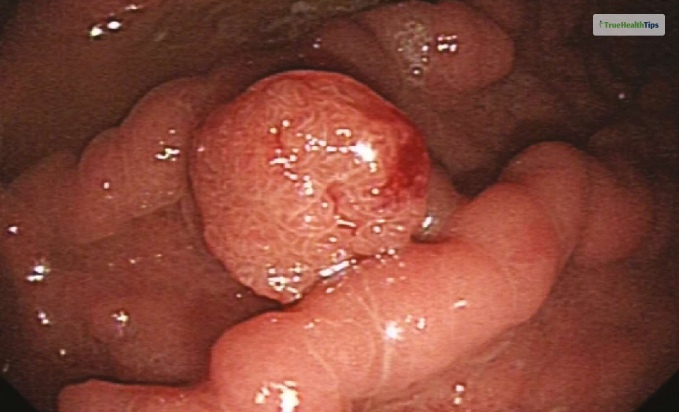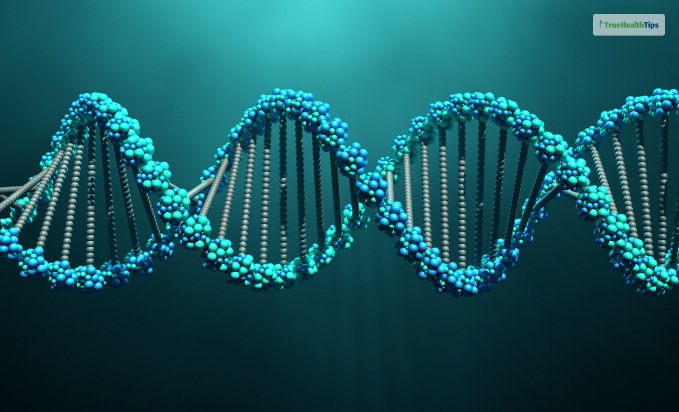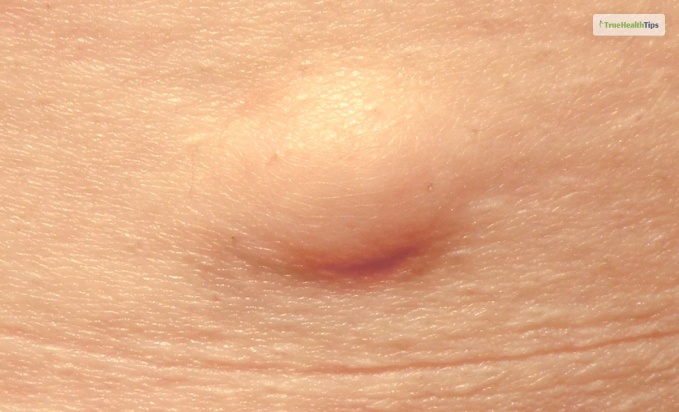
In case you were searching for the information related to neuroendocrine cancer, you have come to the right place.
There are a number of diseases that people struggle with in the world. However, the terminal ones are painful to deal with. Cancer is one of the most increasing reasons for death, and research is still being carried out on how to treat and cure the disease. Among the various types of cancer that people develop, neuroendocrine cancer is a painful one.
Have you been searching for information related to neuroendocrine cancer as well as the symptoms and treatment of the same? If yes, then you have reached the right place.
Keep reading this health blog till the end to learn more about this form of cancer…
Neuroendocrine Cancer

Cancer is an uncontrollable growth of the cells. Depending on the site of the cancerous growth of the cells, there are different types of cancer that patients develop. One of them is neuroendocrine cancer.
Starting off as tumors, this growth takes place in the specialized cells called neuroendocrine cells. These tumors are neoplasms that are a type of an excessive and abnormal growth of the tissues. These tumors arise in the cells of the nervous system as well as the endocrine system. Hence, the name neuroendocrine.
According to studies, most of these tumors “occur in the lungs, appendix, small intestine, rectum and pancreas.” However, they can occur in any part of the body.
The neuroendocrine cancer or tumor is one that “forms from cells that release hormones into the blood in response to a signal from the nervous system. Neuroendocrine tumors may make higher-than-normal amounts of hormones, which can cause many different symptoms. These tumors may be benign (not cancer) or malignant (cancer),” states National Cancer Institute.
Causes Of Neuroendocrine Cancer

Like all other types of cancer, the exact reason or the cause of developing neuroendocrine cancer is still unknown. The abnormal growth of the tumors begins in the neuroendocrine cells. These cells have traits that are extremely similar to those of the hormone-producing endocrine cells as well as that of the nerve cells.
And because these types of cells are found in the entire body, this form of cancer can develop at any site.
One cause, according to studies, for the growth of the neuroendocrine cells is the mutations in the cell’s DNA. Due to some abnormal mutation, the DNA present inside the cells of the neuroendocrine system tells the cell to grow and multiply rapidly.
Here are some of the causes of neuroendocrine cancer:
- Genetic mutation of the cells
- Previous surgeries
- Hereditary.
Symptoms Of Neuroendocrine Cancer

In case you were thinking about the ways to figure out whether you have a neuroendocrine tumor or not, you have reached the riot place. Here are some of the symptoms of neuroendocrine cancer that you need to look at:
- Pain from a growing tumor at a particular site of the body
- Extreme and unusual weight loss
- Lump under the skin
- Fatigued
Considering the fact that neuroendocrine cancer is related to hormones as well as they form in the hormone-producing endocrine cells, you might experience some of these symptoms that are related to the hormones as well:
- Skin rash
- Dizziness
- Skin flushing
- Feeling thirsty
- Diarrhea
- Tremors
- Tiredness
- Skin flushing
- Frequent urge to urinate.
Treatment Of Neuroendocrine Cancer

Even though, like most other types of cancer, one cannot pinpoint the best method to cure neuroendocrine cancer. There are a number of ways in which you can treat NETs if they are diagnosed or discovered in their early stages.
Here are some of the best ways to treat neuroendocrine cancer:
1. Chemotherapy
The first form of treatment on the list for treating neuroendocrine cancer is chemotherapy. If there is any form of risk or complication that the doctors predict in performing surgeries at the site of the cancer cells, chemotherapy is a method that they choose. “Chemotherapy uses strong drugs to kill tumor cells. It can be given through a vein in your arm or taken as a pill,” studies state.
2. Surgery
If possible, surgeries are always the first option that doctors and oncologists try to go with. Surgeries are effective in removing the entire tumor as well as some of the tissues (even if they are healthy) that surround it.
3. Radiation Therapy
When it comes to treating cancer, radiation therapies are extremely popular and effective. They have been going in for a very long time and have been able to yield positive results. In this, powerful beams of energy rays are used to destroy the cells of the tumor.
4. Radionuclide Therapy
Peptide receptor radionuclide therapy is one of the most common and popular forms of Radionuclide Therapy. In this form of treatment, a peptide or a particular drug is targeted directly at the growing cancerous cell. According to studies, it is one of the most “highly targeted and effective therapy with minimal side effects in tumors with high levels of somatostatin cell surface expression, because the radiation is absorbed at the sites of the tumor, or excreted in the urine.”
Wrapping It Up!
The neuroendocrine cancer or tumor are neoplasms that are a type of an excessive and abnormal growth of the tissues. These tumors arise in the cells of the nervous system as well as the endocrine system. As because these types of cells are found in the entire body, this form of cancer can develop at any site.
In case you were searching for information related to neuroendocrine cancer, I hope that this article has been of help to you. If there are any other queries related to the same, please feel free to let me know.All that you need to do is scroll down till you reach the bottom of the page and then leave your doubts and queries in the box below. And I will be there to answer them all for you!
Read More:











